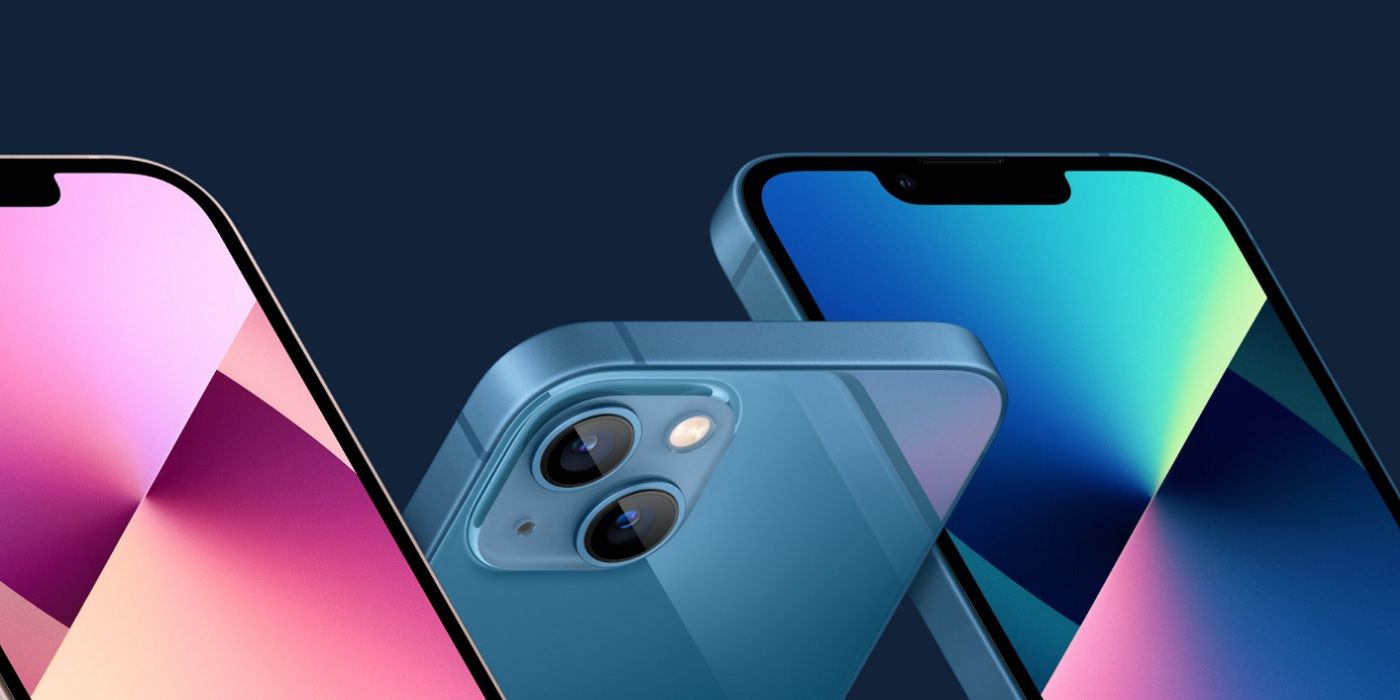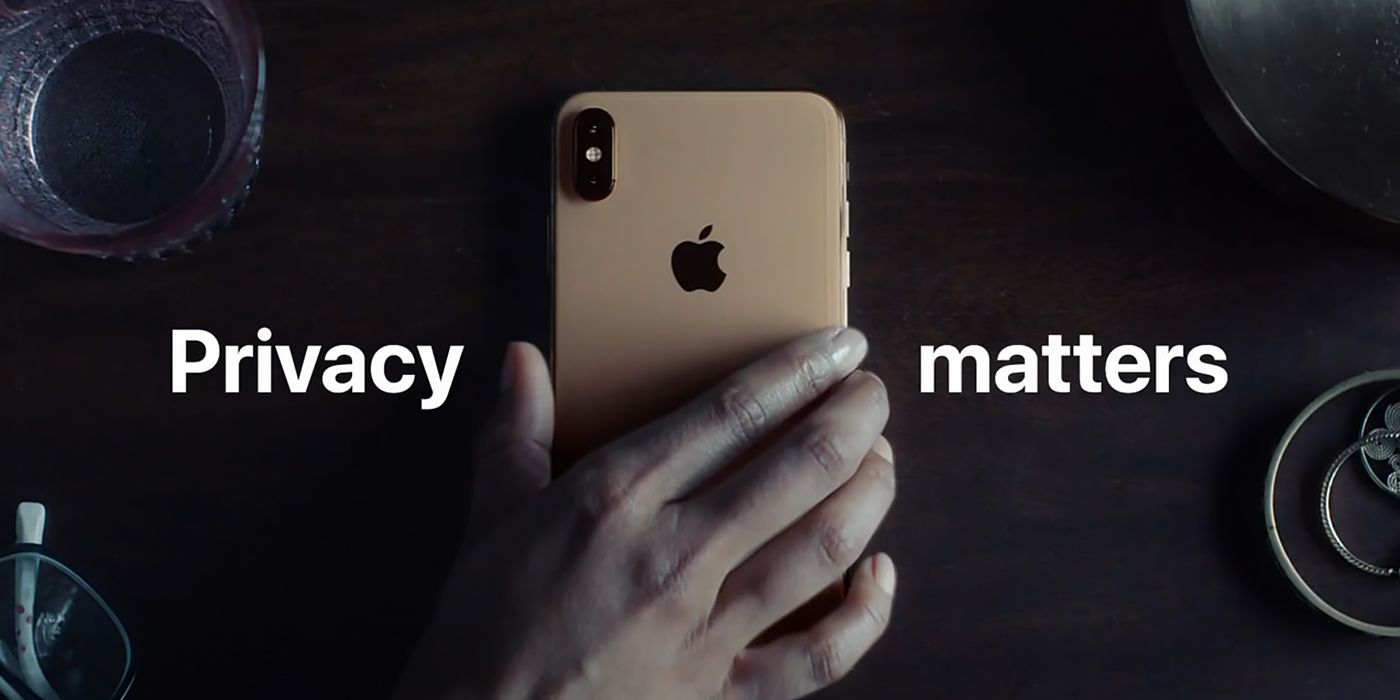Apple is reportedly working with UCLA and Massachusetts-based biotech company Biogen to identify depression, cognitive decline, and other medical conditions using iPhone and Apple Watch sensor data, such as typing behavior and sleep patterns. If they ever materialize, the new diagnostic abilities would add to Apple's growing health and wellness portfolio that already includes ECG and may soon include other critical health data, such as blood pressure.
Healthcare has been a major area of focus for Apple over the past few years, with the Apple Watch growing from a relatively basic health tracker to an advanced product that includes a multitude of health monitoring and management features. With the fourth-gen Apple Watch, the company also introduced the ability to record electrocardiograms, or ECG. Something that remains one of the killer features of the smartwatch in its latest avatar. However, its under-development diagnostic tech will apparently leverage iPhone data rather than data from the Apple Watch.
According to the Wall Street Journal, Apple is working with researchers from UCLA and pharma company Biogen to create algorithms to reliably detect depression and cognitive decline, as well as other brain disorders. Citing unnamed sources, the report further claims that Apple's codename for the UCLA project is 'Seabreeze', while its codename for the Biogen project is 'Pi'. Not only will the data track the iPhone’s video camera, keyboard, and audio sensors, it will also incorporate readings from the Apple Watch related to movement, vital signs, and sleep. UCLA had earlier announced that the pilot phase of its research started last fall with 150 people and will expand to include 3,000 later this year.
Privacy Could Be A Hurdle
While Apple's top-level executives are apparently excited about the new health tech, the research appears to be at a nascent stage and may not eventually result in anything concrete in terms of new features in any of Apple's commercial products. One of the reasons why Apple and its partners are unsure about the eventual fate of the project is the new features will require extensive tracking that may spark security concerns among general users and privacy advocacy groups alike. Apple is reportedly trying to circumvent those concerns by relying on algorithms that work on-device with no data being sent to the company's servers in Cupertino or elsewhere.
Alongside UCLA and Biogen, Apple is also reportedly working with Duke University as part of a brain-related research partnership that the company hasn't disclosed publicly. The two are apparently working on a technology to detect childhood autism, according to documentary sources reviewed by the WSJ. The research would reportedly use the iPhone's camera to study "how young children focus, how often they sway back and forth, and other measures." While it remains to be seen how the projects will turn out, if Apple and its partners are successful, it promises a paradigm shift in health tracking, and one that could be difficult for competitors like Samsung, Xiaomi, and others to match.
Source: WSJ


